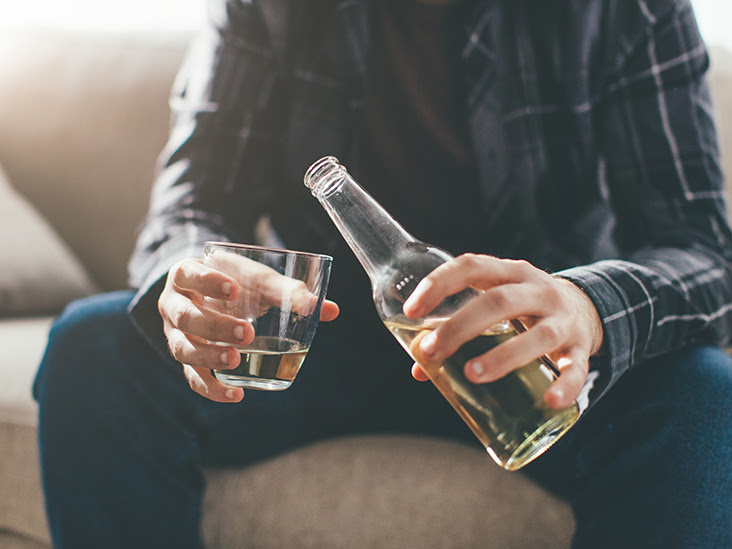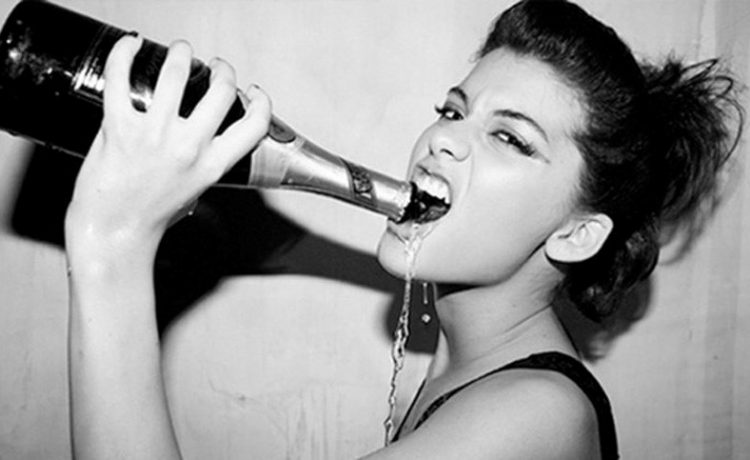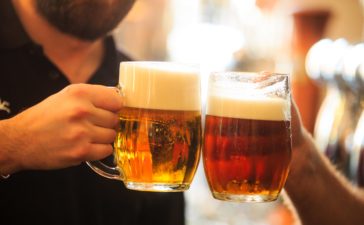The confidence gained from drinking alcohol – could help with more than just flirting with someone at the bar.
A new study has found that a low dose of alcohol can improve bilingual speakers’ ability to speak a second language.

While alcohol impedes peoples’ ability to remember and pay attention which may impair the ability to speak a second language, it also increases self-confidence and reduces social anxiety – which might be expected to improve language ability when interacting with others.
The aim of the study, conducted by researchers from the University of Liverpool, Maastricht University and King’s College London, was to test these competing predictions for the first time.
For the study, the researchers tested the effects of a low dose of alcohol on participants’ self-rated and observer-rated ability to hold a conversation in Dutch.

Participants were 50 native German speakers who were studying at a Dutch University (Maastricht) and had recently learned to speak, read and write in Dutch.
Each participant was randomly given either a low dose of alcohol, or a control beverage that contained no alcohol.
The dose of alcohol varied depending on a person’s body weight, but it was equivalent to under a pint (460 ml) of 5% beet, for a 70 kilogram male (154 pounds).
Then, each participant spoke with an experimenter in Dutch for a few minutes.

The conversation was recorded, and each participants’ foreign language skills were then rated by two native Dutch speakers who didn’t know if the participant had consumed alcohol or not (observer-ratings).
Participants also rated their own Dutch language skills during the conversation (self-ratings).
After analyzing the data, the researchers found that participants who had consumed alcohol had significantly better observer-ratings for their Dutch language, specifically better pronunciation, compared to people who didn’t have the alcoholic beverage.
Our study shows that acute alcohol consumption may have beneficial effects on the pronunciation of a foreign language in people who recently learned that language,’ says Dr Inge Kersbergen, a co-author of the study and a researcher at the University of Liverpool’s Institute of Psychology, Health and Society.






